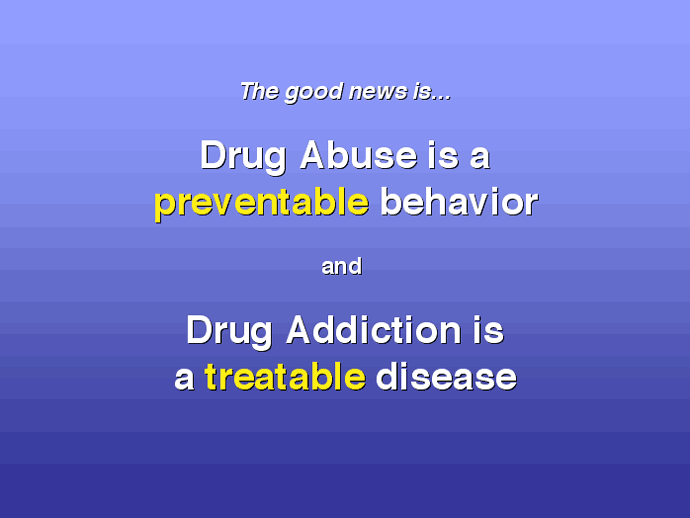It’s a common question, and it may not always be easy to tell when someone you care about crosses the line from abuse of a substance into a full-blown addiction.
No matter the case, consequences of chronic drug use and addiction can be damaging to every aspect of a person’s life, and if moderation of that use is impossible alone, then treatment can help.
Chronic drug abuse problems are often perceived to be less devastating than drug addiction but the fact is that ongoing use of illicit substances can be just as damaging to the user’s life. For that reason, treatment services are available to those who struggle with either issue.
Drug abuse is signified by experiencing one or more the following issues listed below within a 12-month period:
- Legal problems caused by drug abuse or behaviors under the influence
- Physical harm to others caused by the individual’s use of drugs and/or his behaviors under the influence (or lack of action caused by use of drugs)
- Inability to do what is necessary at home, at school, at work or to manage responsibilities in general.
Likewise, If you experience three or more of the following issues within a 12-month period, you meet the criteria for a diagnosis of addiction:
- Onset of withdrawal symptoms (physical and psychological) when without the drug of choice
- Using larger and larger amounts of the drug of choice in order to achieve the same results experienced initially
- Less interest in old hobbies and interests or career/school pursuits
- Withdrawing from friends and family
- Patterns of behavior that revolve solely around getting or staying high
- Multiple attempts to cut down or stop drug use without success
- Continued use of drugs and alcohol despite continued and growing problems related to their use
Addiction doesn’t start overnight. It takes time to build up a tolerance to the drug of choice, to develop cravings for the drug, and to experience problems due to use of illicit substances. Drug abuse often starts first. Though at its worst it can look like addiction, there is one key characteristic that makes drug dependence different.
The first sign is the inability to stop using drugs and alcohol. Someone who struggles with drug abuse may experience a number of problems that plague those with addiction but he may be able to stop using all drugs of abuse without a problem for long periods of time. An addict is unable to stay away from his drug of choice and/or other substances despite a keen desire to quit using.
Ongoing abuse of drugs or alcohol can lead to addiction. Regular use creates a tolerance that in turn can mean the experience of withdrawal symptoms when without the drug.
Similarly, ongoing use of drugs, especially for a specific purpose such as to relax, deal with anger, or manage other emotions or problematic mental health symptoms, can create the belief that use of the drug is necessary to function, thus creating a psychological dependence.

